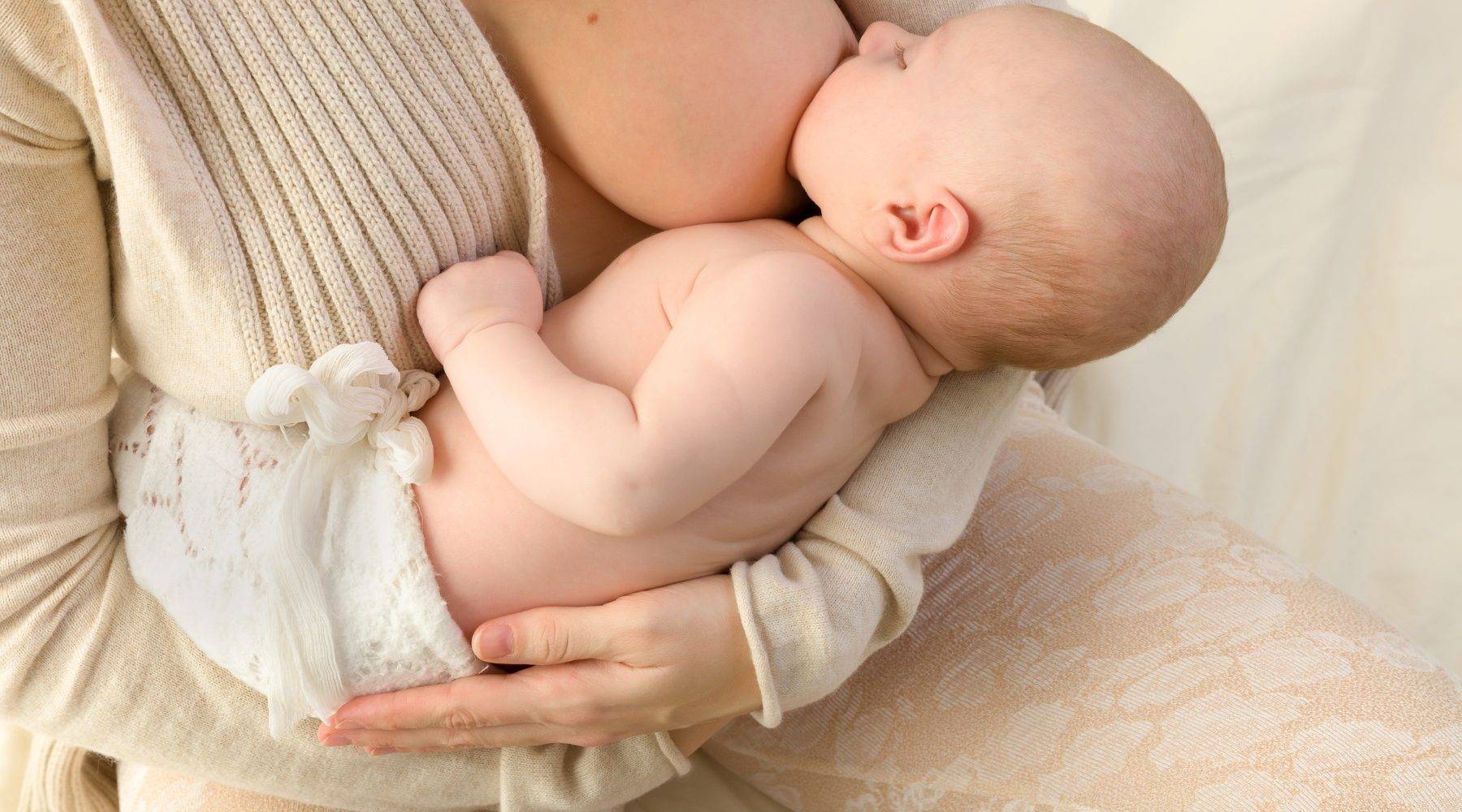Postpartum
Welcoming a new baby is a joyous, exciting moment full of smiles, laughter, and the warmth of fresh starts. But for many new mothers, this moment can also present an unanticipated emotional challenge.
Postpartum depression (PPD) and anxiety are conditions that affect a significant number of women after childbirth. It’s quite common to feel overwhelmed by the rigors of labor, delivery, recovery, starting breastfeeding, and all about the demands of the newborn.
New mothers suddenly find themselves responsible for their newborns with utmost care. On top of these, there’s exhaustion–physically, mentally, and emotionally.
Recognizing the signs of these conditions is crucial for early intervention and support. This blog post digs deep into the common signs of postpartum depression and postpartum anxiety. We hope to increase awareness and guide new mothers and their loved ones.
What is Postpartum Depression?
A severe and persistent type of depression that follows childbirth is called postpartum depression (PPD). This condition lasts several months and severely negates a mother’s ability to care for herself and her baby.
The precise origin of PPD is still unknown. The contributing factors include environmental elements, genetics, and hormonal changes.
Common Indicators of Postpartum Depression
1. Persistent Sadness or Low Mood

This is one of the most common symptoms that may last for an extended period. This feeling goes beyond the typical exhaustion and emotional fluctuations of new parenthood.
If a mother feels a profound sense of hopelessness or sadness most of the day, nearly every day, it may indicate PPD.
2. Loss of Interest in Activities
Mothers with PPD often lose interest in activities they once enjoyed. This disinterest extends to hobbies, social interactions, and bonding with their baby. The joy and pleasure that these activities once brought are replaced by apathy and disconnection.
3. Changes in Appetite and Weight
Significant changes in appetite and weight are common. Some mothers resort to overeating as a coping mechanism for their emotions, resulting in weight gain. Others may lose their appetite, resulting in weight loss.
4. Sleep Disturbances
While new mothers often experience disrupted sleep due to their baby’s needs, PPD can cause more severe sleep disturbances. These may include insomnia (difficulty falling or staying asleep) or hypersomnia (sleeping excessively but still feeling tired).
5. Fatigue and Loss of Energy
Chronic fatigue and a lack of energy don’t seem to alleviate despite rest. This exhaustion goes beyond the normal tiredness associated with caring for a newborn and can make it difficult for mothers to complete daily tasks.
6. Feelings of Worthlessness or Guilt
Mothers with PPD frequently experience intense feelings of worthlessness, shame, or guilt. They feel like they’re failing as a parent, blaming themselves for not feeling happier, or feeling undeserving of their baby.
There’s a nagging guilt, like they’re the worst mother in the world or their baby is better off without them. Or they’re plagued by self-criticism. These feelings can be overwhelming and debilitating.
7. Difficulty Concentrating and Making Decisions
PPD can impair cognitive functions, making it hard for mothers to concentrate, remember details, or make decisions. This mental fog can contribute to feelings of frustration and inadequacy.
8. Irritability and Anger
Increased irritability, frustration, and anger are also common in PPD. Mothers may find themselves snapping at their partner or other children, or feeling inexplicably angry at themselves or their situation.
9. Physical Symptoms
Physical symptoms such as headaches, stomachaches, and muscle pain can accompany the emotional and psychological symptoms of PPD. These physical manifestations are often stress-related but further compound the mother’s distress.
10. Thoughts of Harming Self or Baby
In severe cases of PPD, mothers may experience intrusive thoughts of harming themselves or their baby. These thoughts are a medical emergency, and immediate professional help should be sought if they occur.
Postpartum Depression and Baby Blues

Postpartum depression is said to be the deeper, dark blue version of Baby Blues which are common in the first two weeks after childbirth. Postpartum depression lasts longer, more than a couple of weeks, and can worsen over time.
Understanding Postpartum Anxiety
Postpartum anxiety (PPA), though less discussed, is just as common as PPD and can be equally debilitating. It involves excessive worry, fear, and anxiety that interfere with a mother’s daily life. PPA can manifest independently or alongside PPD.
Common Signs of Postpartum Anxiety
- Excessive Worry
An overwhelming and persistent worry that something bad will happen to the baby or oneself is a primary symptom. This worry is often disproportionate to the actual risk and can consume a mother’s thoughts. - Racing Thoughts
Mothers with this condition experience racing thoughts that are difficult to control. These thoughts can be intrusive and focus on fears and concerns about the baby’s health, safety, or development. - Physical Symptoms
Anxiety often presents with physical symptoms such as a rapid heartbeat, chest pain, shortness of breath, dizziness, sweating, and nausea. These symptoms can be frightening and sometimes mimic serious medical conditions, leading to further anxiety. - Sleep Disturbances
Similar to PPD, PPA causes significant sleep disturbances. Mothers may find it difficult to fall asleep or stay asleep due to constant worry and hypervigilance. - Irritability and Restlessness
Increased irritability and restlessness are common. Mothers may feel on edge, have a short temper, or struggle to sit still. - Muscle Tension
Chronic muscle tension, especially in the neck, shoulders, and back, can result from constant anxiety and stress. This tension can lead to further discomfort and physical pain. - Avoidance Behaviors
Mothers in this condition avoid behaviors to cope with their fears. This includes avoiding leaving the house, not allowing others to hold the baby, or excessively checking on the baby to ensure their safety. - Intrusive Thoughts
Intrusive thoughts are unwanted and distressing thoughts that can involve harm coming to the baby or oneself. These thoughts are not acted upon, but they can be deeply upsetting and contribute to a mother’s anxiety.
PPD and PPA: Their Differences
Postpartum depression (PPD) and postpartum anxiety (PPA) are close cousins but distinct conditions that can affect new parents. While PPD is more common, affecting about 7 to 20% of new moms, PPA affects 5 to 10% of new moms.
While PPD can make individuals feel joyless and incompetent, with tears and hopelessness, PPA is characterized by overwhelming fears and disturbing thoughts. The mother worries about almost everything—obsessive concerns and irritability.
In PPA, the mother experiences out-of-character, unwanted behaviors, and intrusive thoughts. Both conditions require attention and treatment.
When to Seek Help
Recognizing the signs of postpartum depression and anxiety is the first step toward getting help. If you or someone you know is experiencing these symptoms, it is crucial to seek professional support. Here are some steps to consider:
- Talk to a Healthcare Provider
A healthcare provider, such as a family doctor, obstetrician, or mental health professional, can assess the symptoms and provide appropriate treatment options. This may include therapy, medication, or a combination of both.
2. Reach Out to Support Networks
Connecting with support networks, including family, friends, and support groups, can provide emotional support and practical assistance. There are also various online support groups and mobile apps tailored to fit new mothers. Sharing experiences with others who understand can be incredibly validating and comforting.
3. Consider Therapy
Various forms of therapy, such as cognitive-behavioral therapy (CBT), interpersonal therapy (IPT), and other talk therapies have proven effective in treating PPD and PPA. Therapy provides a safe space to explore feelings, develop coping strategies, and work toward recovery. Additionally, reading articles about helping your baby sleep is one therapeutic technique.
4. Medication
In some cases, medication may be necessary to manage symptoms of PPD and PPA. Antidepressants and anti-anxiety drugs are prescribed by a healthcare provider and can significantly improve the quality of life.
5. Self-Care Practices
Prioritizing self-care is essential for recovery. This includes getting adequate rest, eating nutritious meals, engaging in physical activity, practicing mindfulness, and finding time for relaxation and activities that bring joy and happiness.
Seek Help for New Mothers to Recover from PPD and PPA
Postpartum depression and anxiety are serious conditions that require attention and care. Understanding the common signs and symptoms can help new mothers and their loved ones recognize when professional help is needed.
Know that experiencing these conditions doesn’t make someone a bad mother; rather, it highlights the need for support and treatment. With the right help, mothers can recover and enjoy the precious moments with their new baby.
We at Omega Pediatrics aim to help new mothers fight off postpartum depression. As compassionate as we are, we provide holistic care for mothers and their babies. We are one family! We care for you as much as we care for your little one.
If you or someone you know is struggling, reach out for help—recovery is possible, and you are not alone.




